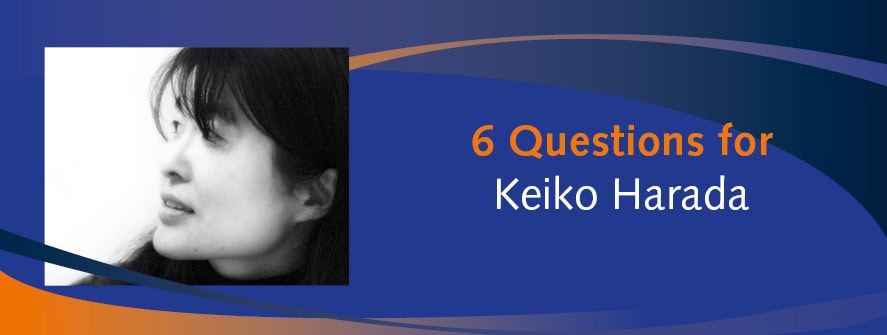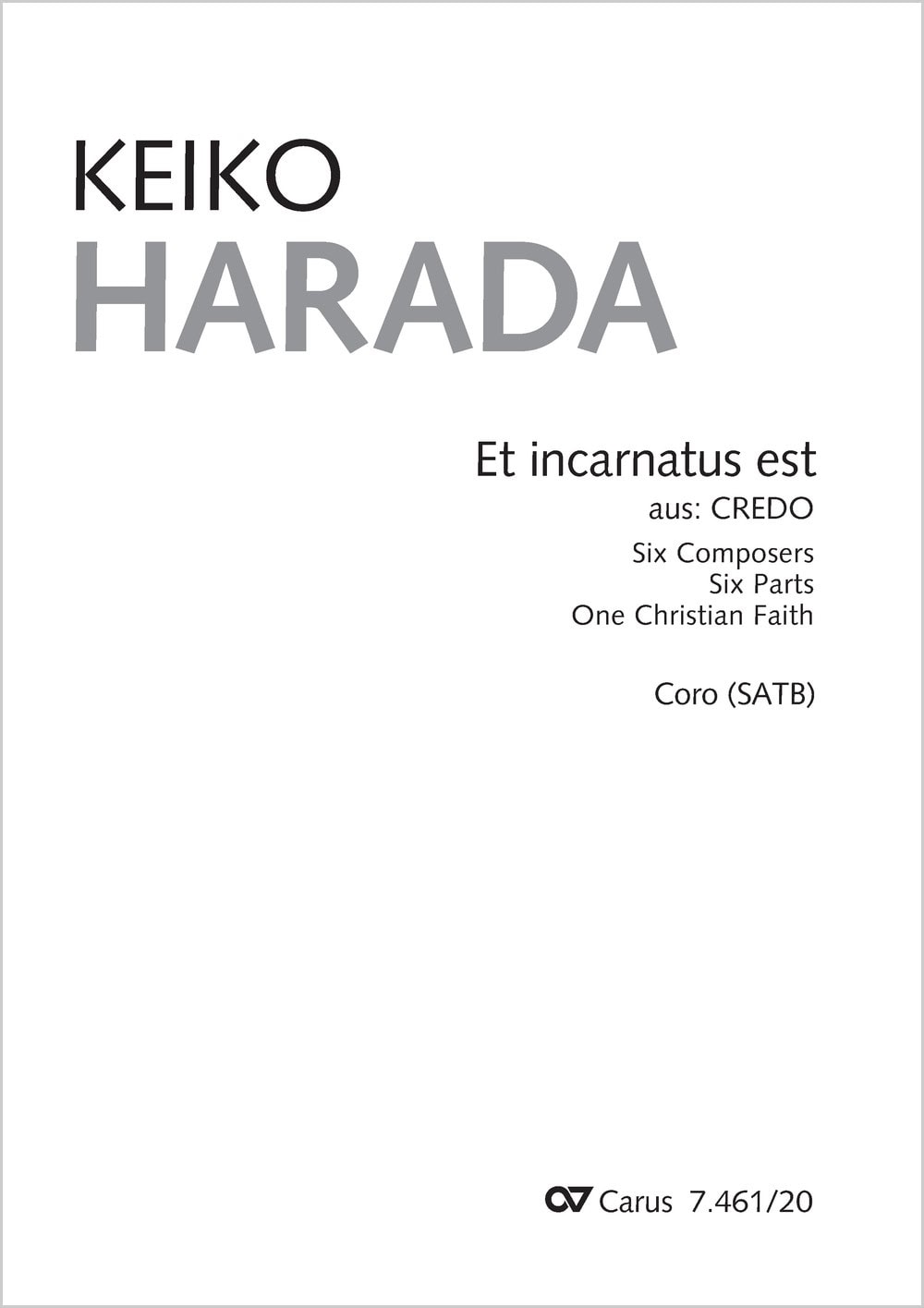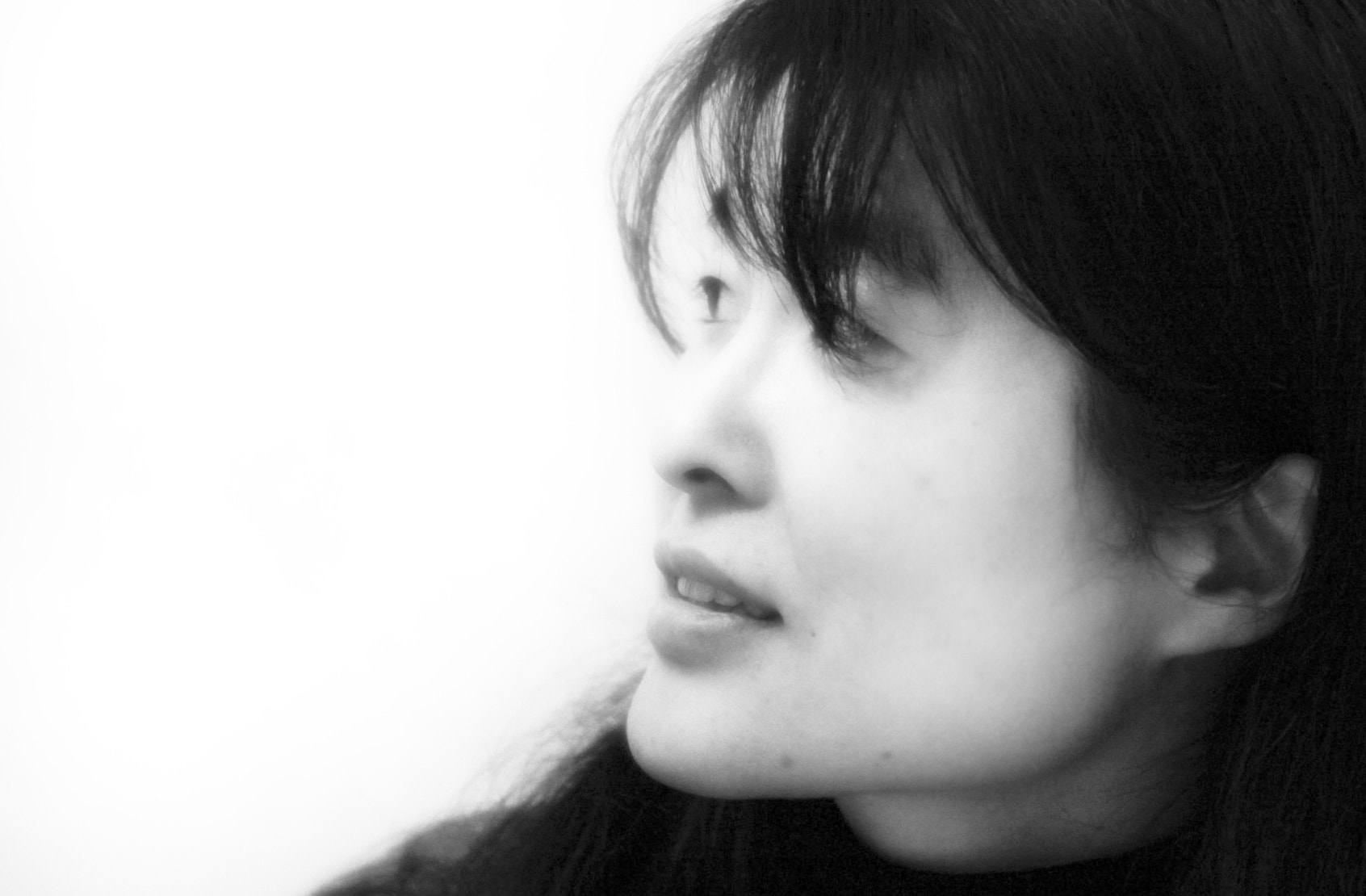6 Questions for Keiko Harada
An Interview
Keiko Harada is a composer who has developed her own musical language. She answered six questions for us in this interview.
What was your first composition?
My first composition was a small piano piece (the title is “Goddess of Beauty Aphrodite”) at the age of six, after I started improvising on the keyboard at the age of five. My first instrument was the organ at home, then I soon got a piano from my grandmother, which I still use for composing.
Which other composers inspire you?
In my childhood I was strongly inspired by Debussy’s piano works and also visually by Michio Mamiya’s Score of Piano Sonata No.2, then in and after my late teens by Lachenmann, Ligeti, Kurtag, Webern and Aperghis. From middle age onwards, I deeply admire J.S. and CPE Bach, Mozart, Beethoven, Chopin’s Sonatas, Bartók´s and Schostakovich’s creative spirits.
Your most emotional musical experience to date?
When my respective musicians did world premiered of my pieces with their deep soul and it fascinated the audience.
Where do you prefer to compose?
Any quiet place with a good temperature. I travel a lot and I often compose in my hotel room.
What are you working on at the moment?
I am working on a piece for five Syakuhachi (traditonal Japanese Bamboo Flute), under the theme of “Ukiyoe“, a genre of Japanese art that originated in the early Edo period. The pieces will be a collaborative work with a visual artist. The world premiere will be in Tokyo, 2026.
When you’re not composing or making music, then…
I love being in nature and listening to its sounds, especially I love to be on the small islands in the south of Japan, and l also enjoy talking to good people and friends.
Keiko Harada
Et incarnatus est
Commissioned Composition for the 1700 Anniversary of the Nicaean Cred
Coro (SATB)
Carus 7.461/20
Keiko Harada (*1968) is a composer who has developed her own musical language by incorporating the inner state of the performers into her works. She studied composition with Akira Miyoshi and Brian Ferneyhough and piano with György Kurtág. She works with artists from various genres and has received numerous awards, including the Otaka Prize. Harada teaches composition at the Tokyo College of Music and is a visiting professor at Kagoshima University.






Leave a Reply
Want to join the discussion?Feel free to contribute!